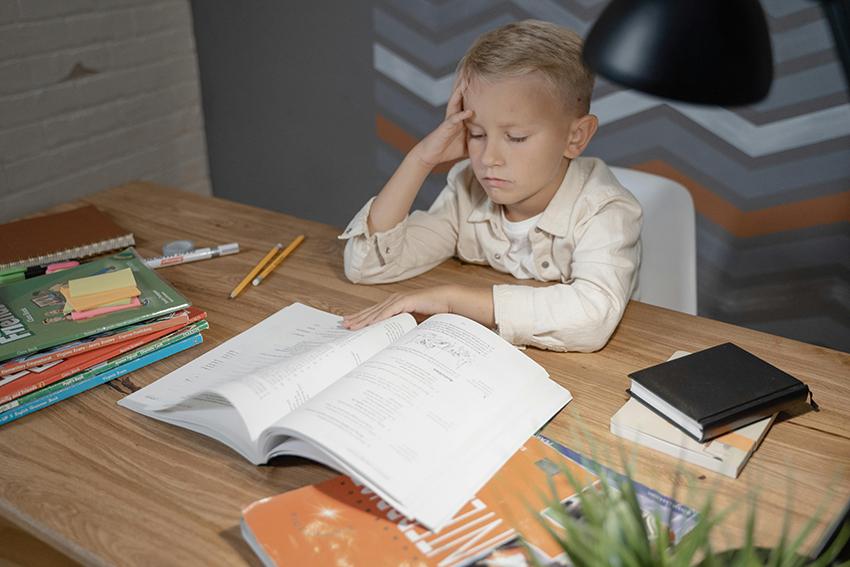2024-12-30
indicators

The Czech Ministry of Education has unveiled new framework educational programs (RVP) for pre-school and primary education, marking a significant shift in curriculum requirements. Among the key changes is the introduction of mandatory English lessons starting in the first grade, an increase in the proficiency level of English expected at the end of primary school, and the addition of a second compulsory foreign language starting from the seventh grade. The announcement was made today by ministry spokesperson Tereza Fojtová via a press release. The revised curriculum will be available for voluntary adoption in the first and sixth grades starting from the next academic year. It will become mandatory for these grades by September 2027. Full implementation across all grades is planned for September 2031. However, the National Pedagogical Institute, which collaborates with the Ministry on these revisions, previously stated that all grades would adopt the new curriculum by September 2029. Education Minister Mikuláš Bek (STAN) emphasized the importance of the updated RVP in preparing students for modern challenges. “The new framework educational programs focus on developing competencies and literacy aligned with contemporary societal needs and the future of our children,” Bek stated. Schools opting to implement the curriculum voluntarily from September 2025 will provide feedback to refine the RVP and model school programs before their mandatory introduction. One of the most notable updates is the requirement for students to begin learning English from the first grade, a shift from the current standard of third grade. Approximately half of Czech schools already offer English at this earlier stage. By the end of primary school, students will now be expected to achieve a B1 proficiency level in English, an increase from the previous A2 standard. Requirements in other subjects, such as mathematics, are also being elevated. The new curriculum also introduces a mandatory second foreign language starting in the seventh grade. Initially, schools will have the option to offer German, French, or Spanish. However, the rollout will be gradual: beginning with seventh-grade instruction in 2034, expanding to include both seventh and eighth grades in 2035, and extending to grades seven through nine by 2036. Until now, the second foreign language was compulsory only from the eighth grade, with an output level of A1. The RVP for pre-school education emphasizes inclusivity and personalized learning tailored to individual needs. These changes aim to create a supportive learning environment for all children. Kindergartens meeting preparatory conditions can voluntarily adopt the new curriculum starting in September 2025, with mandatory implementation set for September 2026. Unlike earlier RVPs established in 2005, the updated framework does not dictate year-by-year learning objectives. Instead, it defines broader educational goals, specifying what students should know at various stages of their education. Schools are tasked with creating their own learning plans, which can vary to accommodate different teaching styles and student needs. The revised curriculum emphasizes the practical application of knowledge in daily life and prioritizes the development of reading, writing, and mathematical literacy. Personal and social education, as well as environmental awareness, are also key components. The new RVP aims to simplify administrative processes for schools while fostering a more holistic approach to education. The Ministry will release detailed documents to the public on January 14, 2025, providing further insights into the new framework and its phased implementation. Source: CTK

